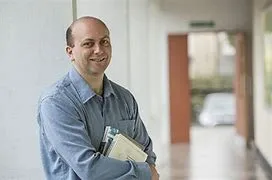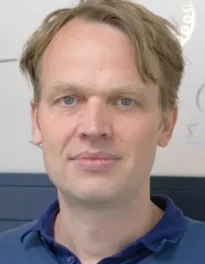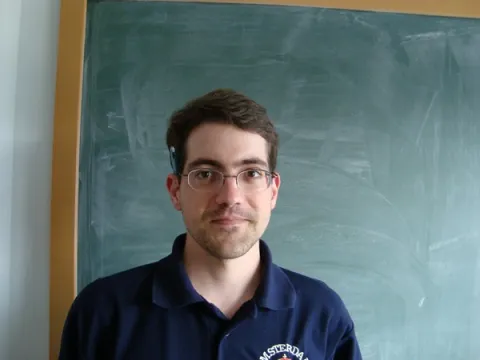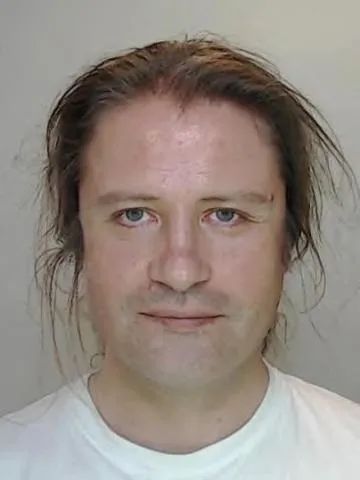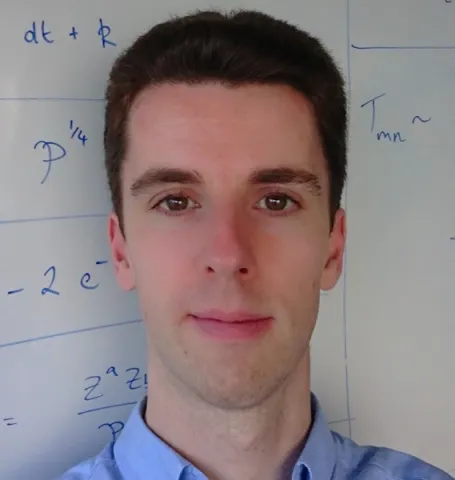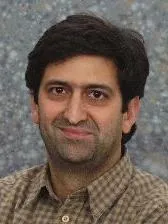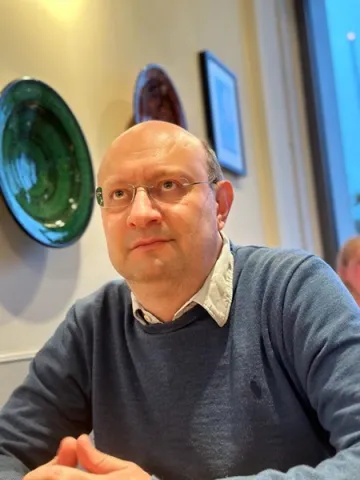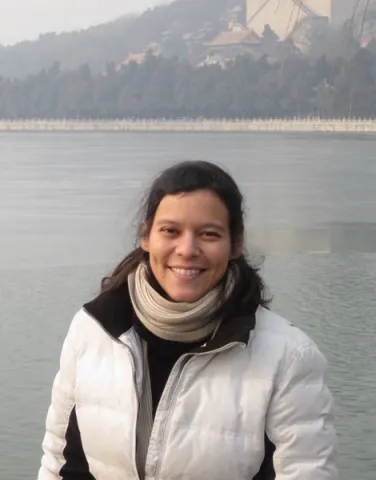Project overview
Particle physics is the study of the fundamental building blocks of nature, how they interact and how they lead to what we observe from the smallest scales to the largest. The Standard Model (SM), which is built on quantum field theory (QFT), is an impressively accurate description of all data to date, from colliders to astronomical observations. Nevertheless, there are many aspects we do not understand from the pattern of particle masses to our lack of a quantum theory of gravity.
The Large Hadron Collider (LHC) will accumulate ever-increasing amounts of data over the next decade; it famously discovered the Higgs particle in 2012 and could possibly discover new physics beyond the SM. So far the only experimental evidence for such new physics is neutrino mass & mixing, which may yet shed light on the pattern of particle masses, strength of the four forces, and observations of abundance of matter over anti-matter in the universe, dark matter and dark energy. Upcoming experiments will address these questions. We have close links to the LHC through the NExT institute and will help experimenters discover new physics, by devising strategies for searches and interpreting the data, for example through our easy-to-use interface (HEPMDB) to supercomputers and the definition of new triggers (to be implemented in the current LHC upgrade) for physics previously overlooked. A common thread is the violation of the combination of charge conjugation symmetry (C) and parity (P), which may be observed soon in new sectors leading to major breakthroughs. In order to be sure that we have found new physics we must exclude subtle effects from the SM, or deduce it indirectly from small deviations from the SM. The strong nuclear force (QCD) can make this difficult, but we have outstanding expertise in computing these effects using state-of-the-art supercomputers and have now reached a level of precision where we must include effects of electromagnetism (QED) and differences in the masses of the quarks.
It is important to continue to develop QFT, e.g. new tightly constrained theories have been found that become massless, at long or short distances. We use these to make better predictions of particle scattering and to better understand theories when mass is re-introduced or to work towards quantum gravity. The notion of "holography" has linked apparently very different systems such as QCD and Black Holes. We are developing it to learn more about a quantum gravity, and use gravity to study QCD including in extreme environments such as the cores of neutron stars. We are extending lattice field theory simulations to study gravity and cosmology (early-universe physics), including testing holographic models.
The Large Hadron Collider (LHC) will accumulate ever-increasing amounts of data over the next decade; it famously discovered the Higgs particle in 2012 and could possibly discover new physics beyond the SM. So far the only experimental evidence for such new physics is neutrino mass & mixing, which may yet shed light on the pattern of particle masses, strength of the four forces, and observations of abundance of matter over anti-matter in the universe, dark matter and dark energy. Upcoming experiments will address these questions. We have close links to the LHC through the NExT institute and will help experimenters discover new physics, by devising strategies for searches and interpreting the data, for example through our easy-to-use interface (HEPMDB) to supercomputers and the definition of new triggers (to be implemented in the current LHC upgrade) for physics previously overlooked. A common thread is the violation of the combination of charge conjugation symmetry (C) and parity (P), which may be observed soon in new sectors leading to major breakthroughs. In order to be sure that we have found new physics we must exclude subtle effects from the SM, or deduce it indirectly from small deviations from the SM. The strong nuclear force (QCD) can make this difficult, but we have outstanding expertise in computing these effects using state-of-the-art supercomputers and have now reached a level of precision where we must include effects of electromagnetism (QED) and differences in the masses of the quarks.
It is important to continue to develop QFT, e.g. new tightly constrained theories have been found that become massless, at long or short distances. We use these to make better predictions of particle scattering and to better understand theories when mass is re-introduced or to work towards quantum gravity. The notion of "holography" has linked apparently very different systems such as QCD and Black Holes. We are developing it to learn more about a quantum gravity, and use gravity to study QCD including in extreme environments such as the cores of neutron stars. We are extending lattice field theory simulations to study gravity and cosmology (early-universe physics), including testing holographic models.
Staff
Lead researchers
Other researchers
Collaborating research institutes, centres and groups
Research outputs
Enrico Parisini, Kostas Skenderis & Benjamin Withers,
2023, Physical Review D, 107(6)
Type: article
Adam Witold Bzowski, Paul McFadden & Kostas Skenderis,
2022, Journal of High Energy Physics, 2022(12)
Type: article
Alexandre Serantes & Benjamin Withers,
2022, Classical and Quantum Gravity, 39(24)
Type: article
Bowen Fu, Stephen F. King, Luca Marsili, Silvia Pascoli, Jessica Turner & Ye-Ling Zhou,
2022, Journal of High Energy Physics, 2022(11)
Type: article
Andreas Schmitt,
2022, APS Physics
Type: article
Eduardo S. Fraga, Rodrigo Da Mata, Savvas Pitsinigkos & Andreas Schmitt,
2022, Physical Review D, 106(7)
Type: article
Geraint W. Evans & Andreas Schmitt,
2022, JHEP, 2022(9)
Type: article

